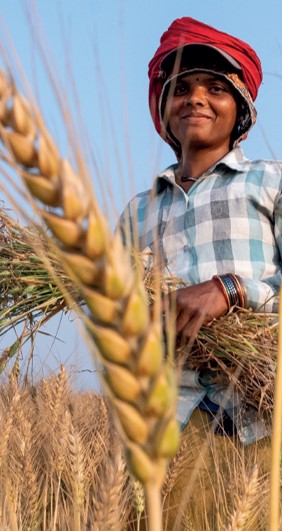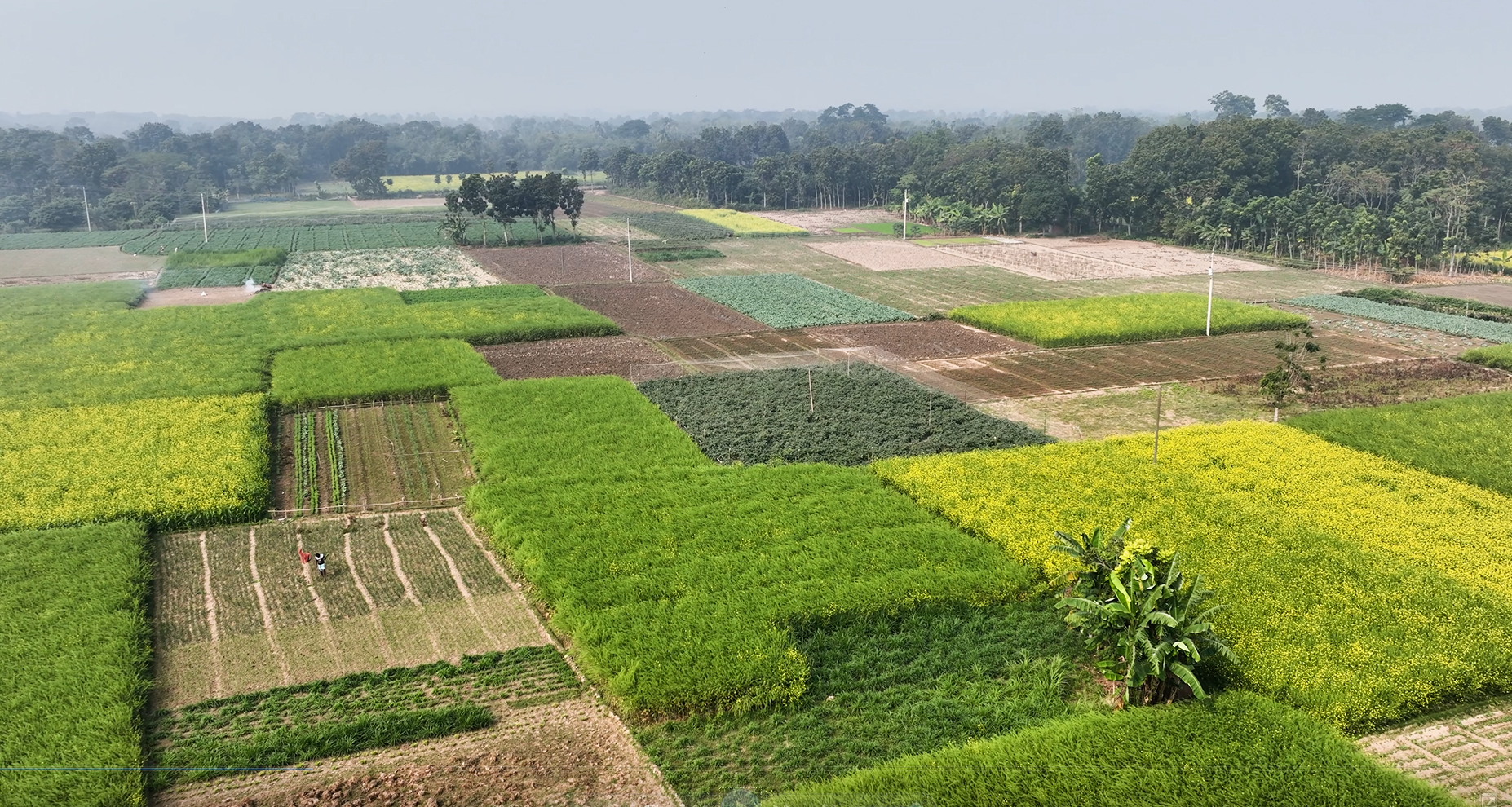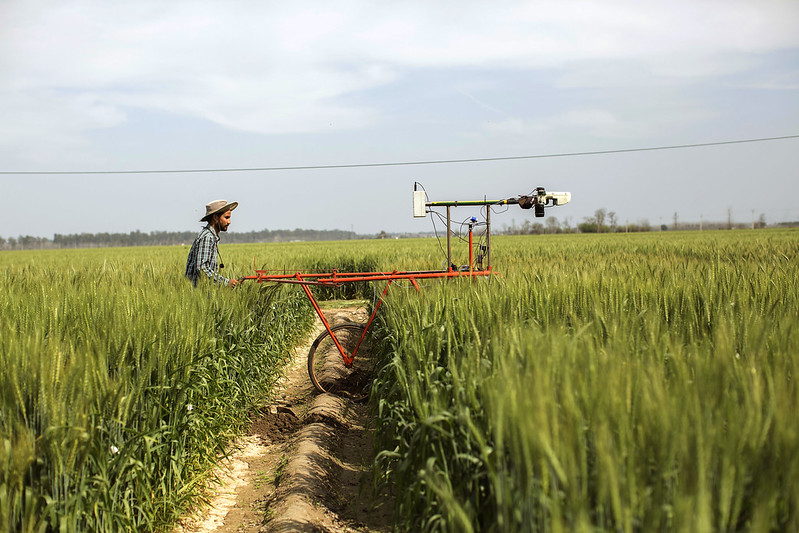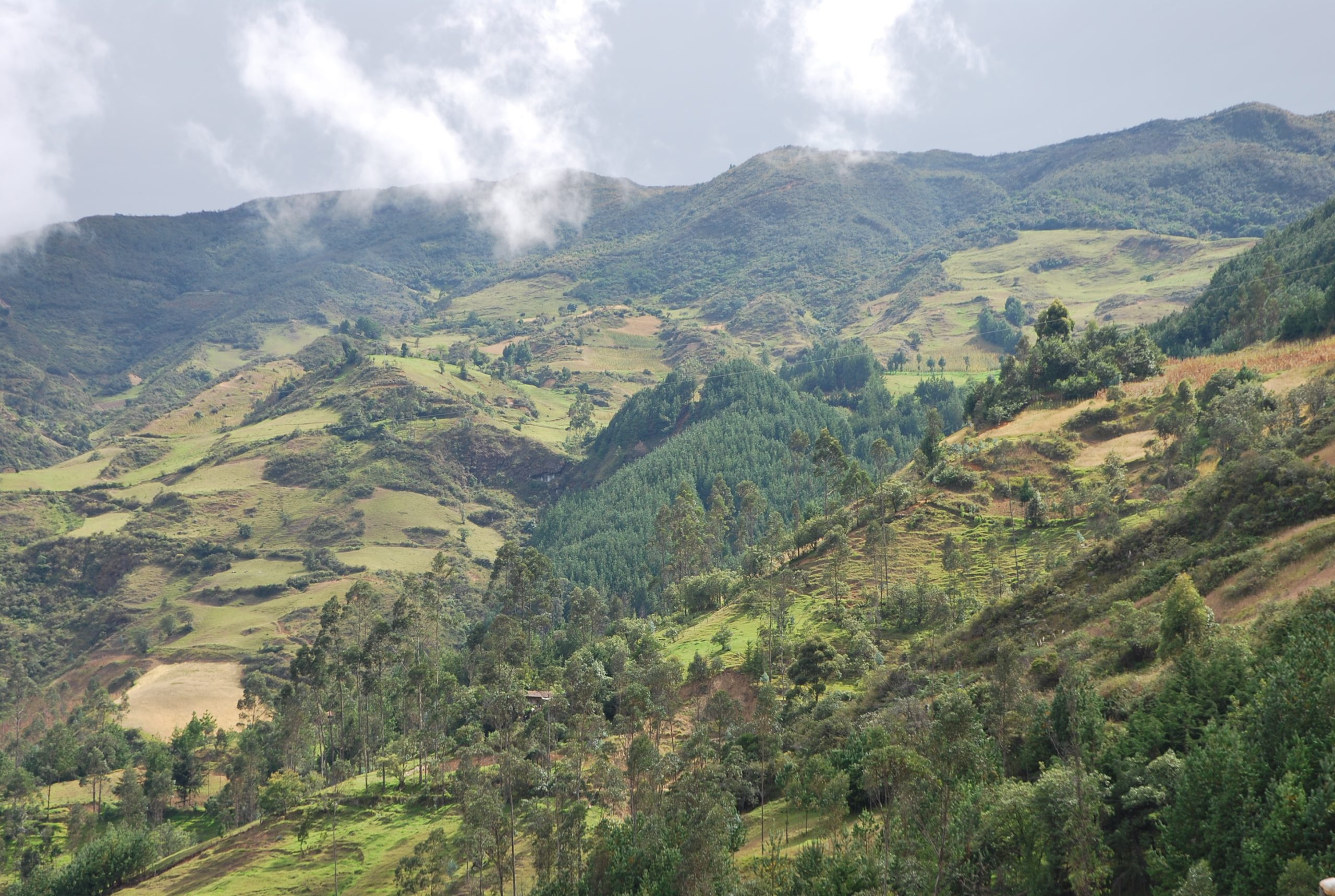A climate resilient agriculture program for the state of Bihar, India, launched in 2019 by the Borlaug Institute for South Asia (BISA) and the state government, was operating in 190 villages and had by 2022 improved water, soil nutrient, energy, labor and time use efficiency by at least 20% with around 35% higher yields and a reduced environmental footprint, as well as helping rice-wheat farmers to diversify their production with crops such as maize, millet and mungbean, among others.
This is just one of the achievements cited in a recent 2023 end-of-year reflection involving members of the BISA Executive Committee in New Delhi, India, including Bram Govaerts, director general of CIMMYT and BISA, and Arun Kumar Joshi, managing director of BISA.
“BISA has achieved significant milestones and is progressing towards organizational goals,” said Joshi. “The long-standing and productive partnership with the Indian Council of Agricultural Research (ICAR) and agricultural councils of other countries in South Asia became more robust, as strategies that focused on building capacities and improving seed systems for the whole of South Asia were implemented.”
Established jointly by CIMMYT and ICAR in 2011, BISA is a non-profit international research institute dedicated to food, nutrition, livelihood security and environmental rehabilitation in South Asia, home to more than 300 million undernourished people. Its work harnesses the latest genetic, digital, resource management technologies, and research-for-development approaches.
BISA’s flagship projects benefit millions of farmers and include the Atlas of Climate Adaptation in South Asian Agriculture (ACASA), the testing of experimental wheat that carries grass genes associated with the inhibition of nitrification in the soil near crop roots, a climate resilient agriculture program for South Asia, and implementation of the CGIAR Fruit and Vegetables for Sustainable Healthy Diets (FRESH) initiative.
“Of the top 10 bread wheat varieties in India, 6 are derived from the ICAR-CIMMYT-BISA collaboration,” Joshi explained.
“BISA has grown tremendously in the last few years,” said Govaerts. “The diverse arena of projects shows the capabilities and potential that BISA holds today. The flagship programs are undoubtedly creating a huge impact and would contribute to solving tomorrow’s problems today.”
BISA has renewed and diversified its research projects each year, according to T.R. Sharma, deputy director general of Crops, ICAR. “BISA’s impact on genetic innovation in wheat through ICAR-CIMMYT-BISA collaboration is indeed praiseworthy,” he said. Govaerts also attended an interactive session with CIMMYT-BISA India staff, presenting an analysis of the CIMMYT 2030 strategy and encouraging everyone’s contributions towards the goals.

 Capacity development
Capacity development 
